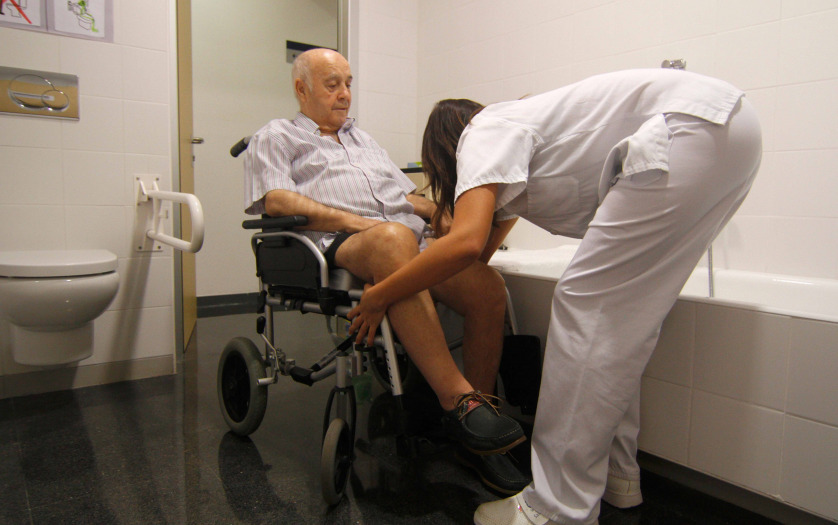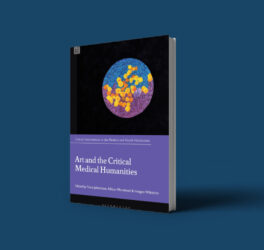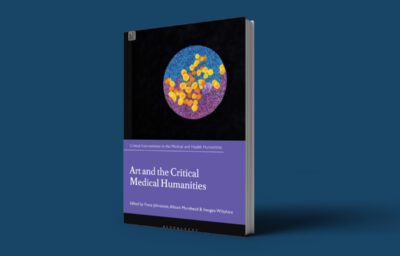
Aussies are being urged to dig deep to ensure the phone line to a vital support service for hundreds of thousands of survivors of stroke to make sure no call goes unanswered.
StrokeLine is a free phone and online support service staffed by a team of expert nursing and allied health professionals, providing information and advice to Australian survivors of stroke, their families and caregivers impacted by stroke. It relies on donations to stay open and now requires additional funding to keep up with the growing demand.
So far this year, StrokeLine has supported 2,200 survivors and their families. Thirty per cent of callers are facing complex issues, requiring additional time and support from the team. These included people calling the hotline while experiencing stroke symptoms, callers seeking mental health support or reporting thoughts of suicide, and people experiencing homelessness, domestic violence or other high-risk situations.
Interim Executive Director of Stroke Programs, Research and Innovation, Kelvin Hill, says the rise in complex cases highlights the importance of StrokeLine.
“People turn to StrokeLine for support and guidance at a really difficult time of their lives. It is a vital service that helps survivors, families and carers navigate complex issues at a time of great need and the community cannot afford to have their urgent calls go unanswered.”
To keep StrokeLine open, Stroke Foundation is running its second Giving Day this Thursday, November 20. Any donation made to Stroke Foundation on this day will be doubled by our Giving Day Champions; a group of donors who have signed up to match donations.
This year’s fundraising target is $200,000 which will enable StrokeLine to expand its capacity to respond to the growing volume and complexity of calls.
“StrokeLine was initially designed to be a brief intervention service, but due to challenges in the health and disability systems, we are stepping in to provide more complex advice and support to survivors, carers and families, particularly after they first leave hospital. It is clear StrokeLine service is needed to step in to fill these critical gaps.” Mr Hill said.
Right now in Australia, a stroke occurs every 11 minutes and there are more than 440,000 survivors of stroke living in the community.
“StrokeLine only exists because of the support and donations from generous Australians. With demand and complexity of cases growing every year, there has never has a more urgent time to help keep StrokeLine running. Together, we can make sure no call goes unanswered,” Mr Hill said.








